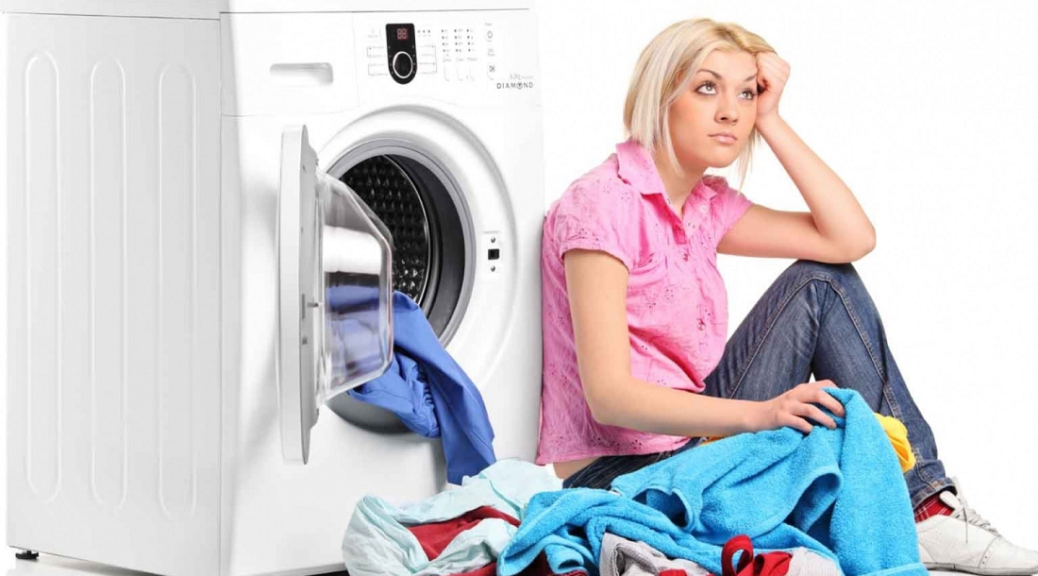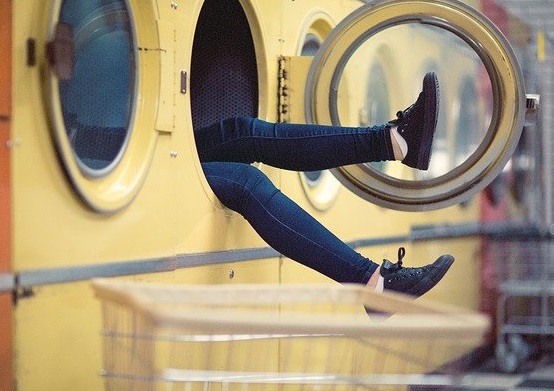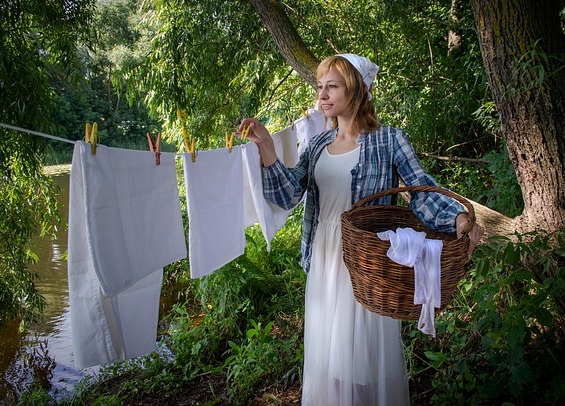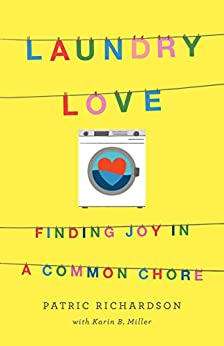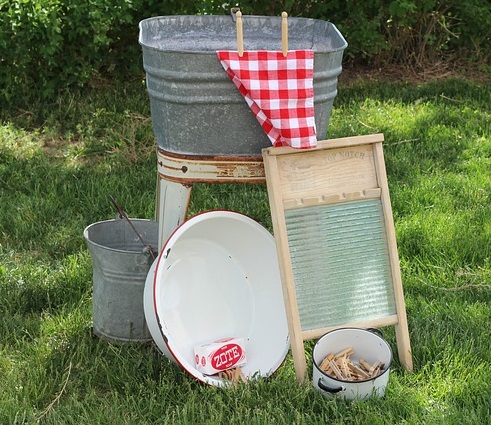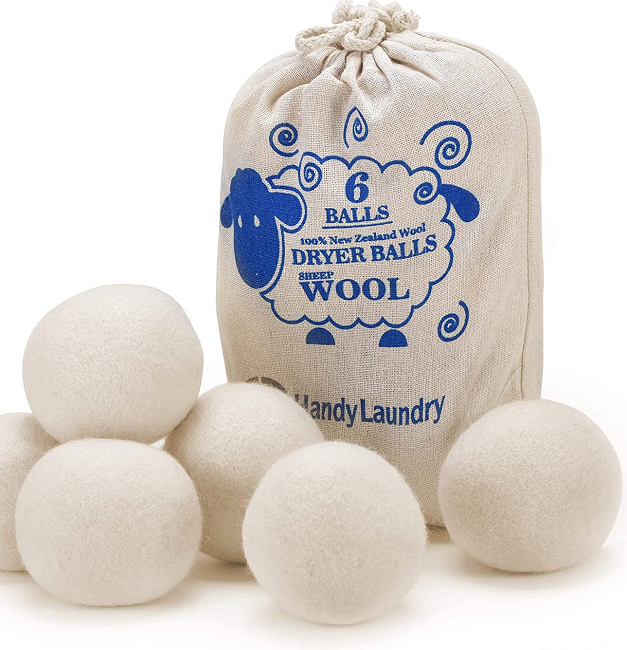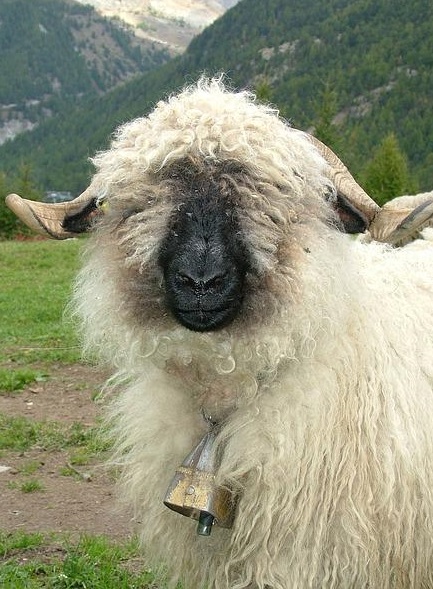Foodtalk4you readers: Aww. Come on.
Me: Yes? Got a problem?
Readers: Yes. First you told us we’re eating foods that will do us harm.
Me: That’s right. The introduction of processed foods into any society marks the beginning of modern medical illnesses.
Readers: Then you told us we even talk to ourselves the wrong way.
Me: Absolutely. Negative self-talk doubles down on predictably bad outcomes.
Readers: You also told us we might be breathing the wrong way.
Me: Correct. Aren’t you enjoying your lower pulse, blood pressure, and increased energy since you stopped breathing through your mouth?
Readers: Hmmm, yes.
Me: So why the long faces?
Readers: Now you’re going to tell us how to do the “@#$%&” laundry?
Me: Well, yes. Seems I might have been doing laundry wrong myself. See, I’ve learned about a guy who is THE laundry guru. I read an article about him in Reader’s Digest that made sense, so I bought his book. You know, I love to pass on helpful information.
Readers: You do specialize in sharing great ideas.
Me: Thank you. Are you ready to learn something cool?
Readers: Okay. You’ve never steered us wrong before. You’re probably going to say we need to wash in special detergent using bottled water, right?
Me: Funny. No. Just sit back and follow along. I think you are going to like this.
My mom adored doing the laundry. Back in the day, she taught me to enjoy the fresh outdoor scent in the sheets and towels, before machine dryers were a thing.
We’d even watch the clothes slosh around in the washer with fascination, while wondering why my grandmother was such a hold-out as she continued to use her wringer washer well into the late 1960s.
Most of our concerns today seem to center on water and power conservation – along with being kind to our clothes and gentle on our skin and to the environment.
Therefore, many of us use cold water exclusively. Patric Miller’s book is making me think differently. He holds free Laundry Camps at the Mall of America in Minneapolis where he shares his research and experience in the care of textiles.
Bottom line: The cold water in our homes is usually 53 degrees F or so, and is too cold to dissolve our cold-water detergents that need 58-62 degrees F. The result is that soap can accumulate in our clothes, along with the dirt and body oils, it is not helping to release.
To prove his point, simply put a cold water washed item in some truly warm water and watch it suds up.
He also suggests using the express cycle exclusively to save wear and tear on fabrics – clothes will be in warm water for only 8 minutes – too short of a time to bother delicate items. This short cycle saves time and water.
Fabric softeners? They are coating our clothes with silicone. How healthy could that be for our skin?
Miller suggests using a ball of crunched-up aluminum foil to prevent static cling in the dryer. The aluminum should neutralize the electricity and you can use the tight ball of aluminum foil several times before replacing it.
His best dryer idea is to use at least three wool dryer balls to eliminate static and cut drying time by up to 40%. I have just purchased my first set and will report back to you how I like them. No aluminum or silicone!
Shortening wash and dry times will more than pay for the small bit of warm water used. Replacing dryer sheets with wool balls will save some cash, trash, time, and exposure to chemicals.
Miller has more tips on effective sorting, keeping blue jeans blue, and keeping whites, white. I think you would benefit from using his strategies.
Decreasing our exposure to chemicals in the fabrics touching our skin can go a long way to improving our personal health and that of our planet.
Here’s to cleaner laundry.
In health-
Deidre
If you found this helpful, please share using the options in the MORE button below, and please subscribe to foodtalk4you so you won’t miss a single issue.
As an Amazon Associate, I earn from qualifying purchases.

